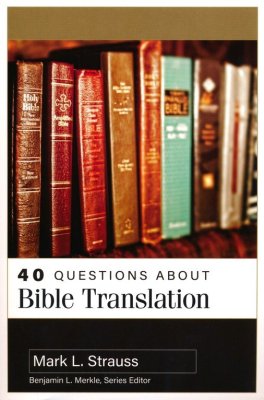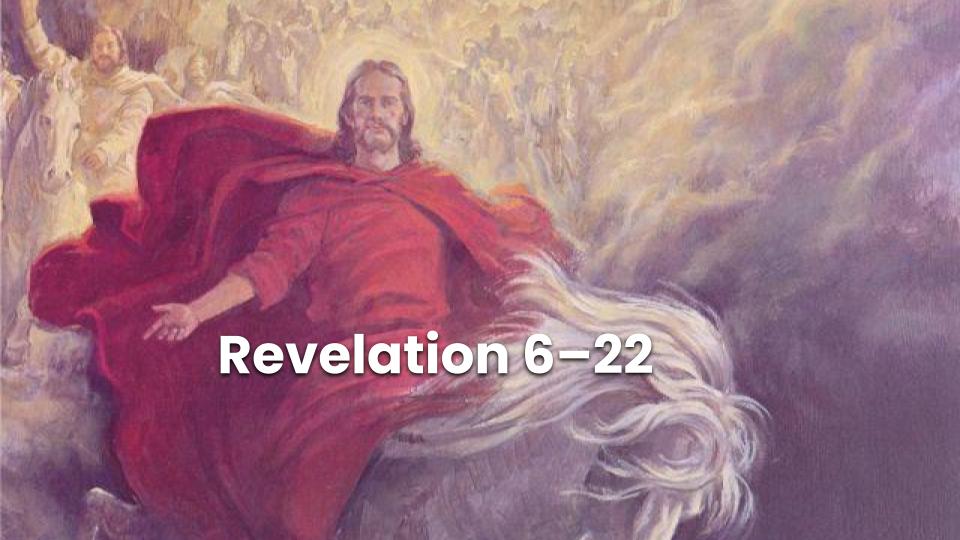Two questions I am frequently asked concern my career as a religious educator. The first question is, “How did you become a religion professor at BYU?” The second is, “How can I become a religious educator?” Let me do my best to briefly answer those two questions.
How did I become a religion professor at BYU?
Before my mission, my major was business management, and I planned to become a financial planner. While I was on my mission, I found that I loved teaching teenagers the gospel. My mission president had been a full-time seminary teacher, and that was not a career choice that I was aware of because I had only met volunteer early morning seminary teachers.
After my mission, I decided to explore teaching seminary full-time. I continued to study business management, so that I would have a strong backup plan if things didn’t work out teaching seminary. By the time I graduated from BYU, I had a job offer with a consulting firm in Boston, and also an offer to teach seminary. My then fiancée and I prayed about the different options, and we felt better about a career with religious education and so we moved forward.
Over the next 10 years I taught both seminary and institute, and along the way earned a Master’s degree and a PhD, both in education. While I was earning my PhD, I had some experiences teaching religion at BYU and I loved the increased rigor of university classes. I also really enjoyed writing about religious topics, and this was encouraged at BYU, and less valued at the time in the Seminary and Institute program.
In 2011, I applied to become a professor at BYU and was offered a position. It has been a great experience to teach the gospel of Jesus Christ to bright college students, and also to be able to do research and other projects that hopefully help connect people with the Savior.
How can I become a religious educator?
For those who are hoping to become religious educators, my number one suggestion is to have a strong backup plan. Most people who want to become full time seminary teachers or BYU religion professors don’t make it through all the different application stages. I personally believe that if you have a strong backup plan, it will help you psychologically along the way because you will not be as stressed about not being hired since you have such a great backup plan.
In many cases, the best path to become a religious educator is taking the classes to become a full-time seminary teacher. Even if your end goal is to be a university professor, I think these classes can be very helpful in terms of providing basic skills for gospel teaching. People will often teach seminary for a few years, and then receive additional education which will move them towards BYU if that is something they desire.
Most universities in Utah, Idaho, and Arizona have individuals whose specific job is to help people learn about the path to becoming seminary teachers. There are different classes or workshops that one can take, and if one is successful in those, then they could become a student seminary teacher, and if that works out eventually be hired full time.






